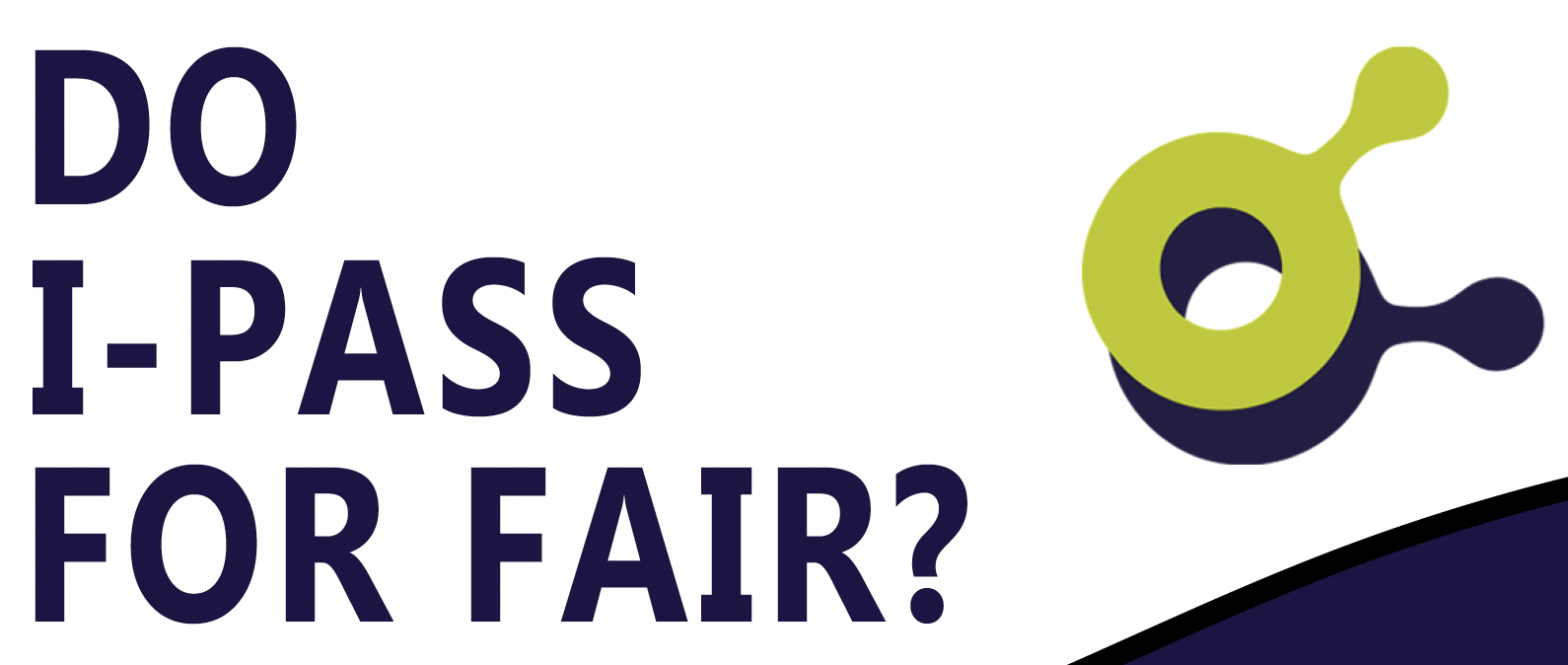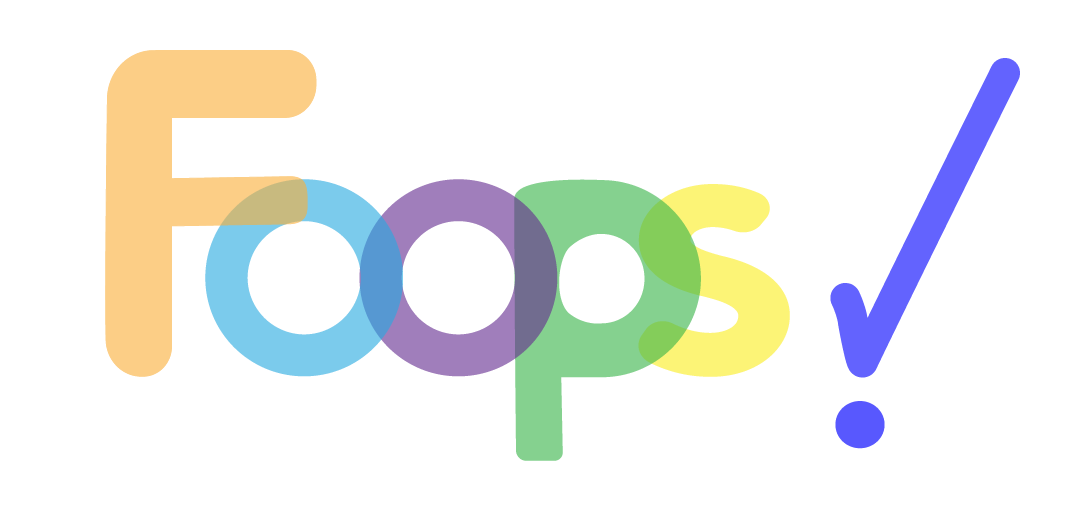Metrics & Assessment
ACME-FAIR
ACME-FAIR: a guide for Research Performing Organisations
Organisations:
FAIRsFAIR consortium
- Domain agnostic

The ACME-FAIR is to help those managing and delivering relevant professional services to self-assess how they are enabling researchers and their colleagues to do just that.
FAIRassist
A tool that signposts and tracks the evolution of resources for the assessment and/or evaluation of digital objects against the FAIR principles
Organisations:
Fairsharing
- Domain agnostic

The FAIRassist tool, part of the FAIRsharing resource offers personalised guidance to discover resources such as data & metadata standards.
Organisations:
The FAIRsFAIR consortium
- Domain agnostic

The CoreTrustSeal + FAIRenabling Capability Maturity Model was designed so that repositories can self assess their trustworthiness and FAIR enabling status simultaneously, with a view to developing and improving their practice.
Organisations:
Dutch LCRDM Task Group
- Domain agnostic

A paper based self assessment tool to measure the FAIR-ness of an organization
RoLECT
Self-assessment to verify adherence to legal and ethics EOSC Rules of Participation
Organisations:
NI4OS-Europe
- Domain agnostic
Guided compliance self-assessment for legal and ethics EOSC Rules of Participation.
FOOPS!
Ontology Pitfall Scanner for FAIR
Organisations:
Ontology Engineering Group - Universidad Politécnica de Madrid
- Engineering & Technology

FOOPS! is a tool for assessing FAIRness level for ontologies. It is a web application that can be used for ontologies developed from many domains.
F-UJI
Automated FAIR Data Assessment Tool
Organisations:
The FAIRsFAIR project
- Domain agnostic

F-UJI is a service based on REST, originally developed within the FAIRsFAIR project, piloting a programmatic assessment of the FAIRness of research datasets in five trustworthy data repositories.
FIP Wizard
FAIR Implementation Profiles Wizard Tool
Organisations:
ENVRI-FAIR
,
GO-FAIR initiative
- Domain agnostic

The FIP Wizard is a toolset that facilitates the capture of data in the FAIR Convergence Matrix questionnaire, declaring a FAIR Implementation Profile. It is used for the evaluation of the implementation status of FAIR data practices.